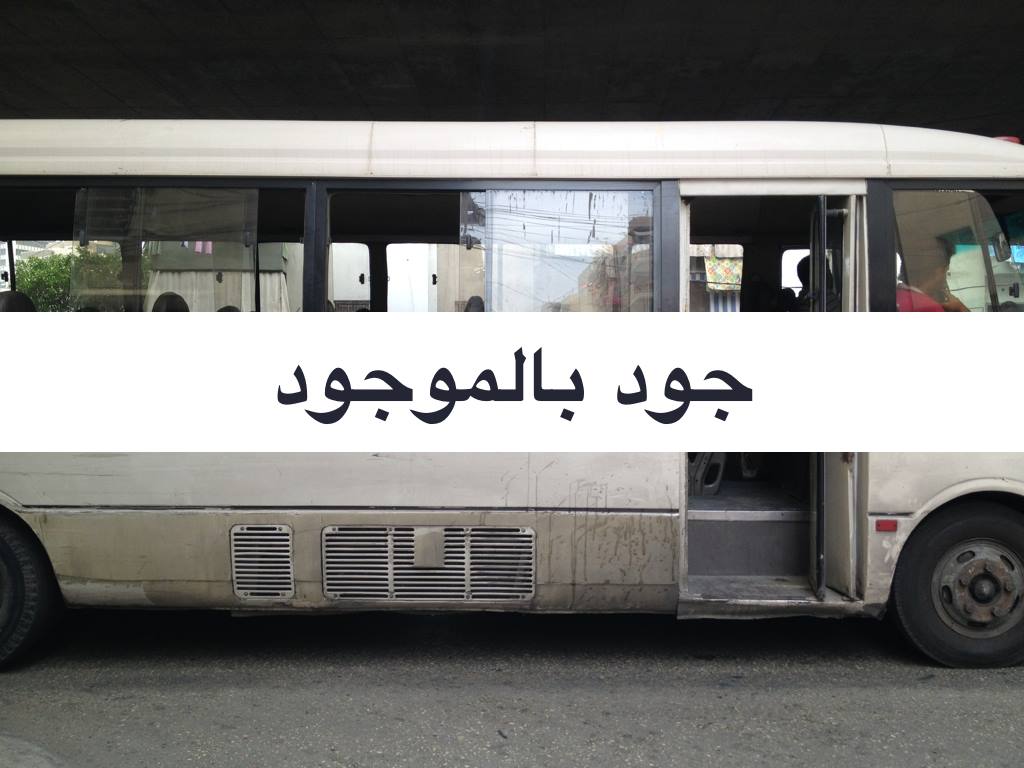As 2015 starts making its exit, and the various ‘Year in Review’ posts begin to proliferate, we are excited about what’s in the Bus Map Project pipeline in the coming months. We are buzzing with ideas and have several threads to follow up on after the holiday season, so this is a great time to reflect on the project so far.
Our modest proposal emerged during one hot summer of great anger and great hope in Lebanon. We have been insisting on doing things a little differently from what we’re used to, and it has been very encouraging to see positive and enthusiastic responses from the people we’ve met and interacted with along the way. It appears that the need for new approaches to incremental urban change is something that others can easily recognize—so, thank you! Thank you for coming along for the ride.
Since our ‘soft launch,’ we have enjoyed letting the project morph and adapt according to the connections we’ve made. In the coming weeks, we will be drawing on what we’ve learned to develop an action plan for 2016: to widen the circle of participation in the mapping process, and develop specific areas of focus based on the partnerships we’ve formed. We invite you to get in touch with us if you have any thoughts or concerns, want to work directly with us, or simply feel like a chat.
And of course, we will be updating you about our recent activities: what’s up with that bus route in Ghosta? What was the most popular route mapped by participating student-designers? How can you join our emerging ‘citizen design’ team? Answers to these questions and more will be coming soon.
For now, we wish you happy holidays!
